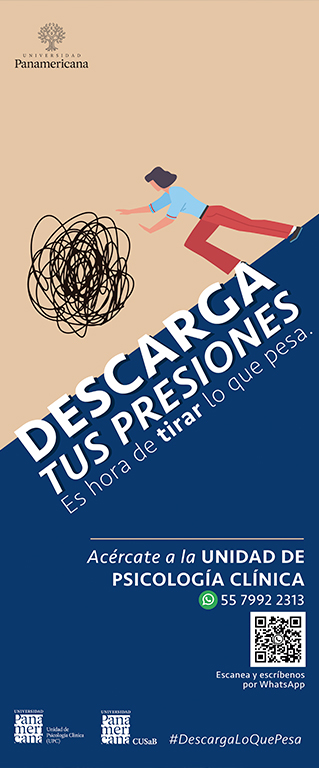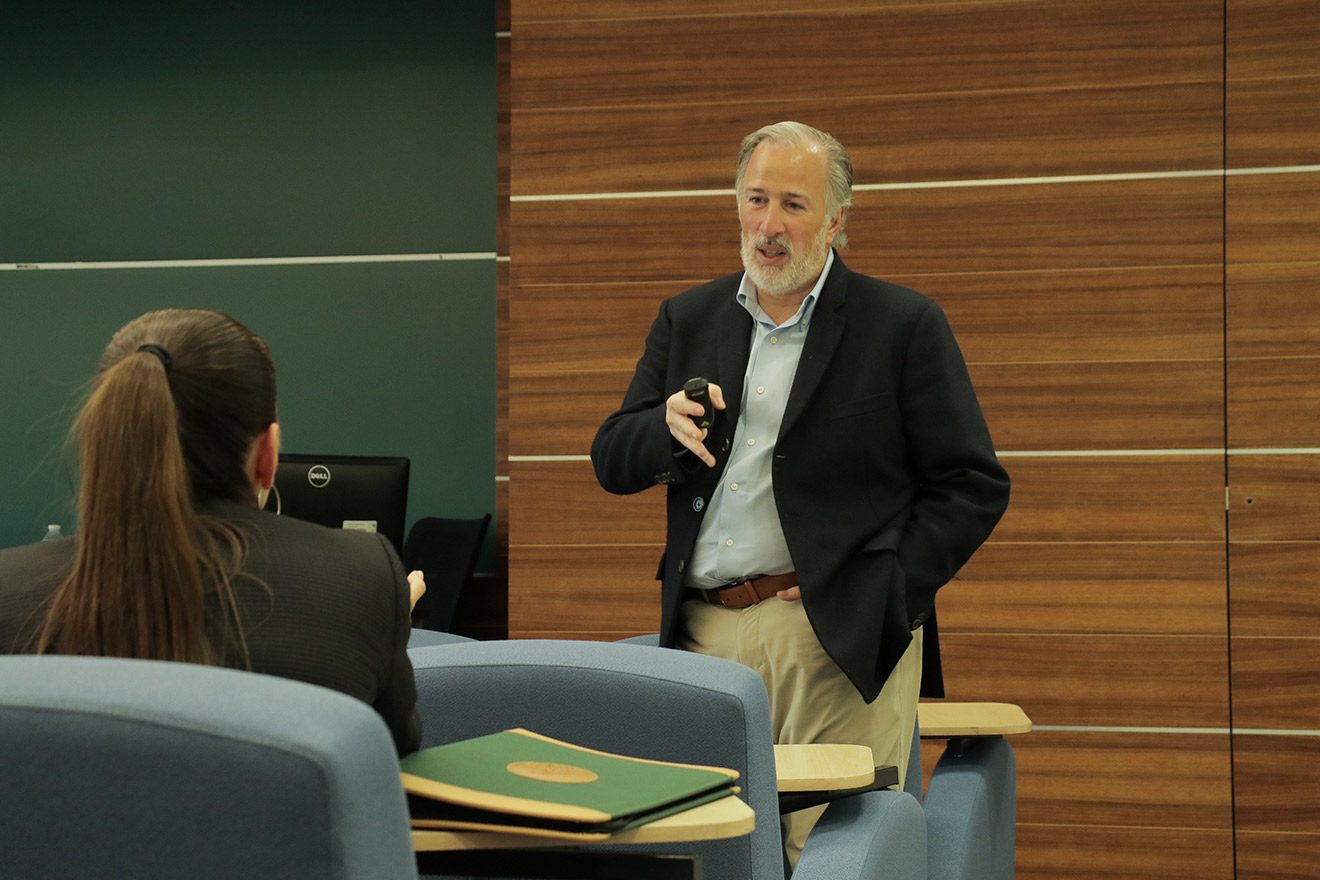Mexico City, February 8, 2023.- Recently a young patient came to me because she had been feeling bad for some months: "I am tired, but I sleep and I don't recover.From everything I get angry and I feel saturated; I look at my to-do list and it seems endless and I worry about failing in my obligations."
After evaluating her and ruling out any psychiatric problem, my first impression was that this was a very common situation in our days, a person living at an accelerated pace and exposed to different factors in her context that led her to lose her calm and not achieve, due to lack of time or effective strategies, an adequate management of her emotions on a daily basis.
Taking into account that we have a limited capacity for emotional processing, it is very feasible that frequently a kind of "bottleneck" occurs in our mind, where unmanaged emotions accumulate and give rise to searches for expression; sometimes in the form of physical symptoms such as headache, tiredness, muscle tension, and sometimes in a more erratic way, such as explosions of anger, crying or anguish, and may even constitute a threat to our mental stability.

Understanding mental life
In a schematic way and for illustrative purposes , we could compare mental life with what happens inside a volcano. Inside its chamber, the high temperature magma is contained, accumulating pressure and giving only eventual signs of its existence through minor explosions or fumaroles that allow the release of part of the pressure accumulated inside. This valve effect prevents a volcano from having major explosions or potentially destructive eruptions, even if it is active.
Just as we cannot contain an erupting volcano, it is impossible to deny the presence and preponderance of emotions in daily life. It is important to understand, with an attitude of compassion and self-respect, that we are sentient human beings and it is common for emotions to permeate our experiences.
Sometimes we have pleasant experiences in which we may feel joy, gratitude or peace. However, we also recognize that, more often than we would like, we experience emotions such as anger, sadness or fear. There are no good or bad emotions. They are all expressions of our affective life: one of the languages with which the mind can react to the experience of being alive, with all that this implies.

Emotional discharge strategies
There are different ways to avoid emotional overload and different strategies may work for each person. All of them are simple and within reach. You may find it helpful to do quiet activities such as reading, listening to music or taking a walk. Some others opt for artistic activities as a vehicle for emotional expression. Others seek sporting activities, such as going to the gym, walking or lifting weights. Some people find emotional release in the spiritual life, in the connection with the transcendent and the practice of prayer or meditation.
Perhaps that is why the best and most effective way to manage our emotions is to express them as consciously and deliberately as possible. There does not necessarily have to be an interlocutor, since expression occurs even in solitary activities, such as writing down what we think or feel. However, it is through the connection with others that this emotional communication circuit is completed: when a third party in front of us conveys to us that he or she is present and reacts empathetically to our feelings .
Often when we feel overwhelmed we look for that significant person and although we do not necessarily expect an answer or explanation to what is happening to us, simply having someone listen to us without making value judgments and accompany us, generates an extremely comforting experience.
Today's fast-paced lifestyles can make it more difficult for us to take the time to talk with the people we love and who love us, and to a greater extent, to delve into intimate aspects such as our emotional lives. It takes an active and intentional search to open up those spaces in our schedule so that we can better balance our lives and our bonds.
A valuable and safe resource to avoid emotional overload is to turn to mental health professionals. They, in the safe and intimate context of the therapeutic relationship, are trained to help us identify what we are feeling, to locate the conflicts and irrational beliefs behind certain emotions, as well as to propose strategies to better manage ourselves.
Finally we must remember that sometimes emotional life can generate such a level of discomfort and suffering that simple expression is not enough to relieve us. We may be facing an affective or anxious disorder and need a more specific treatment.
If necessary, seek help in a timely manner. It is not advisable to wait until the situation becomes more complicated. Taking care of our mental health is an act of healthy self-love and will allow us to greatly improve our quality of life and that of those around us.
Author data
Dr. José Villela Vizcaya
Psychiatrist at the Clinical Psychology Unit of the Universidad Panamericana
Jerez 20, corner of Valencia, Col. Insurgentes Mixcoac. Benito Juarez.
E-mail: mx_psicologiaclinica@up.edu.mx
Tel: 5554821600 ext 6430
Whatsapp: 5579922313








